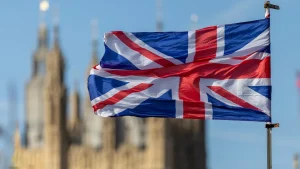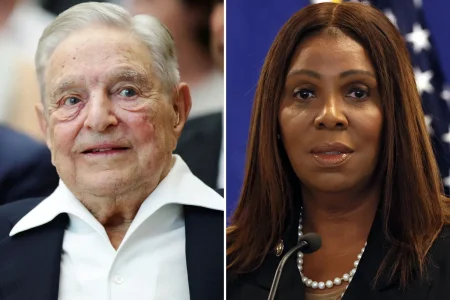France’s Political Turmoil: Macron’s Government Collapses Again
In a development that has sent shockwaves through French politics, President Emmanuel Macron finds himself navigating yet another governmental collapse—this one unfolding with record-breaking speed. The dissolution of the latest administration marks an alarming escalation in France’s ongoing political instability, placing both Macron and the nation at a critical crossroads. With each successive governmental failure, questions about the viability of Macron’s centrist vision and France’s governance model grow more urgent, while citizens increasingly wonder who can effectively lead their nation through mounting economic, social, and geopolitical challenges.
This collapse represents more than just another political reshuffling—it signals a deepening systemic crisis within France’s Fifth Republic. The rapid disintegration of the government, happening faster than any previous administration’s fall in modern French history, underscores the fragility of the political coalitions Macron has attempted to build. Behind the scenes, intense ideological battles have been waged between the president’s centrist allies and opposition forces from both the left and right, creating a political landscape where compromise seems increasingly elusive. The speed of this collapse suggests that the fundamental disagreements within France’s political class may have reached a breaking point, with consequences that could reshape the country’s governance structure for years to come.
For ordinary French citizens, this governmental instability translates into growing frustration with a political system that appears increasingly dysfunctional. From struggling small business owners in provincial towns to young professionals in Paris and industrial workers in formerly thriving manufacturing regions, people across France are expressing concern that their everyday challenges—rising living costs, security concerns, and uncertain economic futures—are being neglected amid the constant political turmoil. Many voters who initially supported Macron’s promise to transcend traditional left-right divisions now question whether his approach has instead created a governance vacuum, where bold policy initiatives stall while political leaders focus on survival rather than solutions.
The international implications of France’s governmental crisis extend well beyond its borders. As a founding European Union member and nuclear power with significant diplomatic influence, France’s internal stability matters tremendously for European cohesion and global geopolitics. Allies watch with mounting concern as one of Europe’s pivotal nations struggles to maintain governmental continuity, potentially weakening the EU’s ability to present a united front on critical issues from Russian aggression to climate change and migration. Meanwhile, markets have responded nervously to the political uncertainty, with potential investors increasingly questioning whether France can provide the stable environment necessary for long-term economic commitments.
For President Macron personally, this latest collapse represents perhaps the most severe test of his political vision since his surprising rise to power. Once hailed as the dynamic young leader who would modernize France and revitalize European integration, Macron now faces fundamental questions about his ability to build lasting coalitions and implement his reform agenda. The president’s options appear increasingly limited—he can attempt yet another government formation with even more fragile alliances, call for new legislative elections that might further fragment parliament, or pursue constitutional reforms to create more stable governance structures. Each path carries significant risks, and Macron’s legacy now hangs in the balance as he navigates these treacherous political waters.
Looking forward, France stands at a pivotal moment that will determine not just its immediate political future but potentially the durability of its current constitutional system. The recurring pattern of governmental collapses suggests that deeper structural reforms may be necessary to create stable leadership in an era of increasing political polarization. As citizens prepare for the possibility of new elections and another attempt at government formation, the fundamental question remains whether France’s political class can move beyond partisan interests to address the nation’s pressing challenges. For a country proud of its democratic traditions yet increasingly frustrated with political dysfunction, the answers to these questions will shape not just the remainder of Macron’s presidency but France’s place in Europe and the world for years to come.










